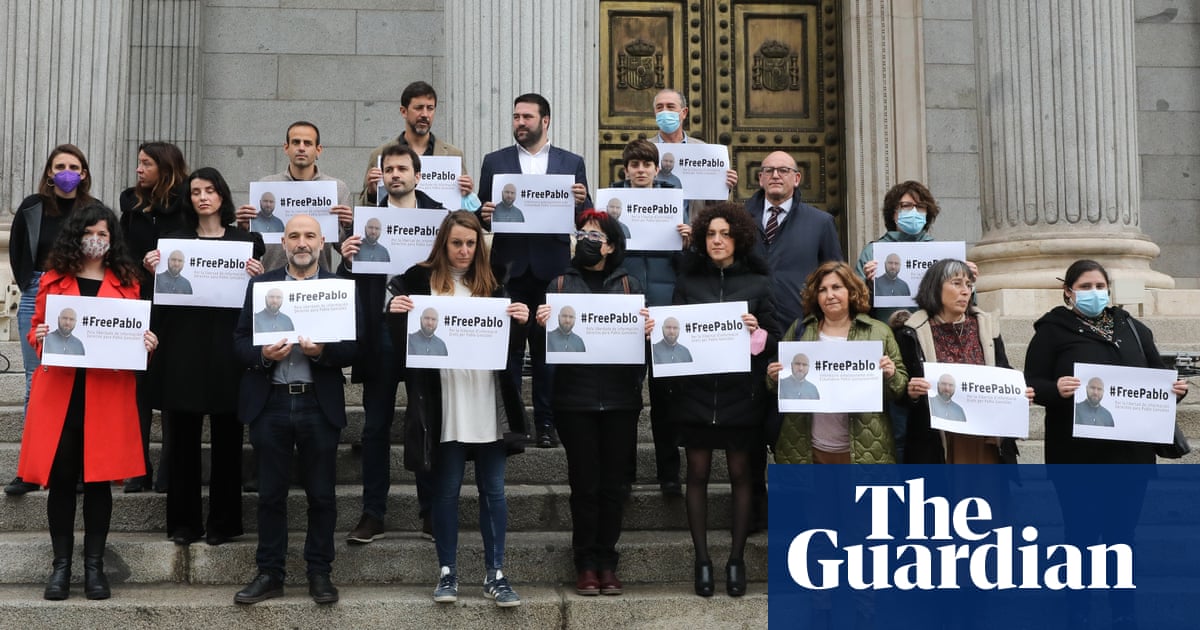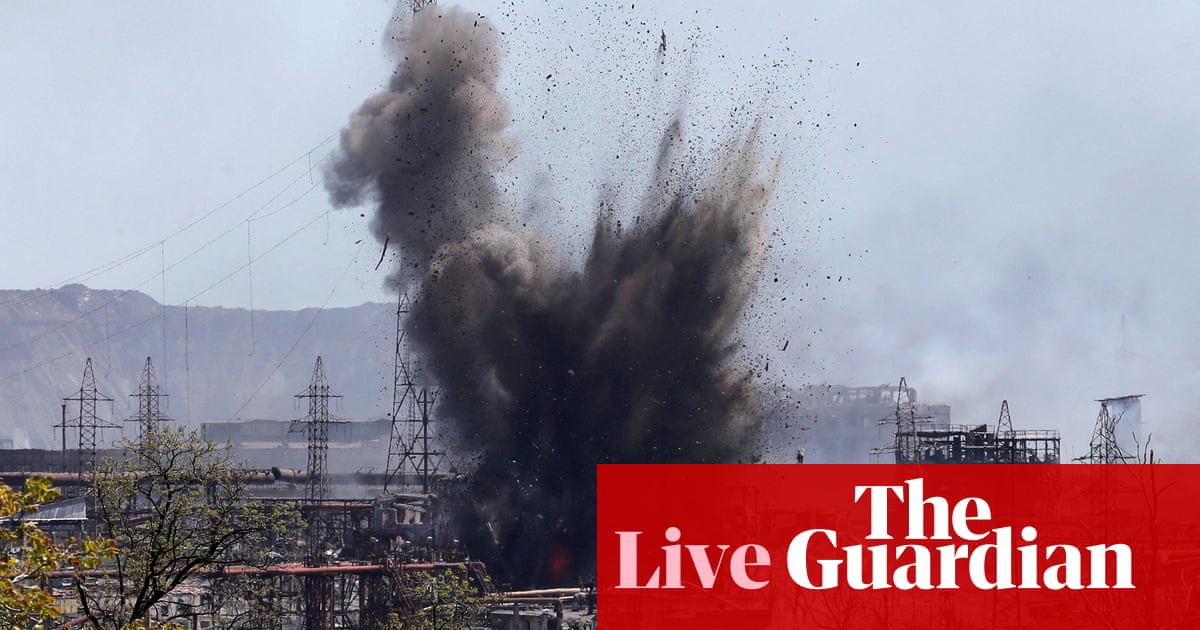A freelance journalist from Spain is spending his 10th week in Polish custody while prosecutors there investigate what they claim is a case of espionage linked to Russia’s invasion of
Ukraine.
In a case that raises red flags about press freedom in
Europe at a time of war, prosecutors are expected next week to ask a judge for a further three-month extension to the detention of Pablo González, who has freelanced for media including Spain’s La Sexta TV channel, Spanish state news agency EFE and the US-government funded Voice of America.
The prosecutors’ request must be filed before 15 May, two weeks before his current three-month detention order expires. Under Polish law, González can be held in custody until he is put on trial, a process lawyers say could easily take more than a year.
Polish officials claim he is an agent of Russia’s infamous GRU military intelligence.
“He carried out operations for the benefit of Russia, profiting from his status of journalist, which enabled him to freely travel around the world and Europe, including military conflict zones,” according to a spokesperson for Poland’s minister coordinator of special services.
“Vast evidence has been secured, which now undergoes a detailed analysis,” the spokesperson said, adding that González faces 10 years in jail for taking part in “activities of foreign intelligence services against the Republic of Poland”.
Friends and family claim the allegations are absurd and have demanded González be tried or freed immediately. “I have no doubt he is not a spy,” said Juan Teixeira, a Spanish journalist who has travelled with him to many countries over a dozen years.
González, who was born in Russia and has joint Spanish and Russian nationality, was detained after agents from Poland’s internal security agency (ABW) knocked on his hotel door in the border town of Przemyśl shortly after midnight on 27 February.
He had been covering the refugee crisis and also planned to report from the Ukrainian side of the border.












